detail profile dekao yokoo
Peran Yang Di Mainkan Dekao Yokoo
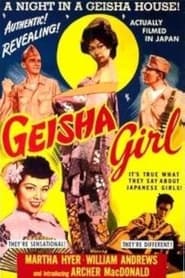 Two American GIs visiting Tokyo find...
Two American GIs visiting Tokyo find...Geisha Girl 1952
Two American G.I.s visiting Tokyo find themselves mixed up with espionage, a pretty flight attendant, a mad scientist, geisha girls, and a goofy magician-hypnotist and his white rabbits.
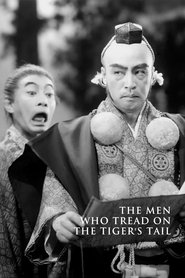 Yoshitsune Minamoto disguised with his retinue...
Yoshitsune Minamoto disguised with his retinue...The Men Who Tread on the Tiger's Tail 1952
Yoshitsune Minamoto, disguised with his retinue as monks, must make do with a comical porter as their guide through hostile territory en route to safety.
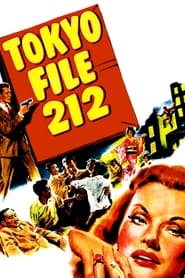 A Communist spy ring in Japan...
A Communist spy ring in Japan...Tokyo File 212 1951
A Communist spy ring in Japan is hard at work trying to sabotage the American war effort during the Korean War, using kidnapping, murder and a disturbed former kamikaze pilot. A U.S. secret agent, posing as a reporter, is dispatched to Tokyo to put a stop to these nefarious activities.
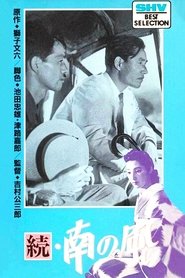 In this comic sequel to Yoshimura...
In this comic sequel to Yoshimura...South Wind 2 1942
In this comic sequel to Yoshimura Kozaburo's original, Minami no Kaze, ex-baron (Saburi Shin) is in Singapore where he meets an old friend who proposes a scam to make some quick cash. It involved inventing the story that Saigo Takamori didn't actually die in the Satsuma Rebellion but escaped to Southeast Asia to start a new religion and in the process fathered a son who is now the founder. But when they bring the supposed heir and his aide to Japan, chaos ensues...
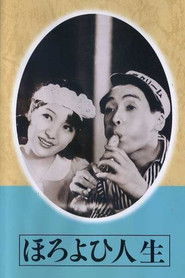 The film generally regarded as Japans...
The film generally regarded as Japans...Tipsy Life 1933
The film generally regarded as Japan’s first true musical was also the first film made entirely in-house by the pioneering studio P.C.L., a company founded specifically to take advantage of emergent sound technology. P.C.L. worked in collaboration with a brewer’s firm, Dai Nihon Biru, who met the production costs of the film in full, and whose products are featured in the film in an example of the sophisticated and modern merchandising typical of the studio’s early work. The film is partially set in a beer hall, and its story concerns a beer seller at a train station and her relationship with a music student trying to create a hit song. Director Sotoji Kimura was to become a company stalwart, making such films as Ino and Mon, while actress Sachiko Chiba would emerge the studio’s first real star, appearing in such films as Wife Be Like a Rose.
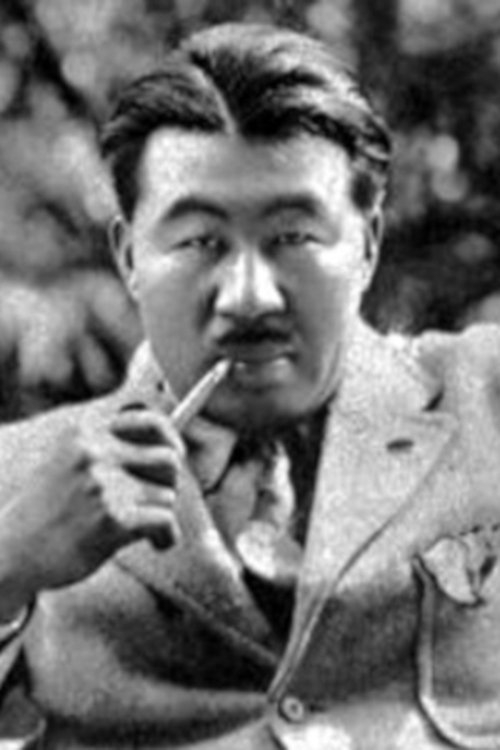
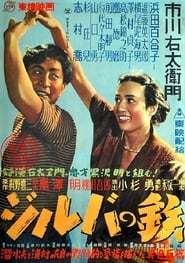
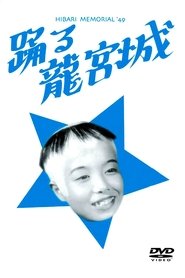
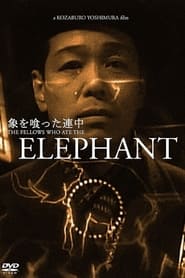 The film is set during the...
The film is set during the...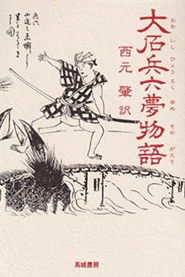
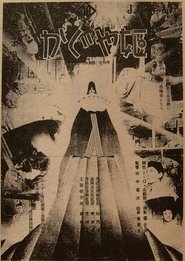 Tohos production of the classic Japanese...
Tohos production of the classic Japanese...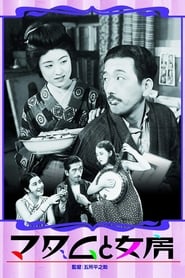 A playwright moves to a rural...
A playwright moves to a rural...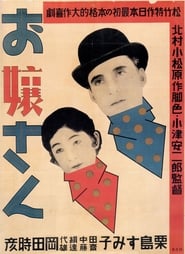 Two reporters find that they are...
Two reporters find that they are...